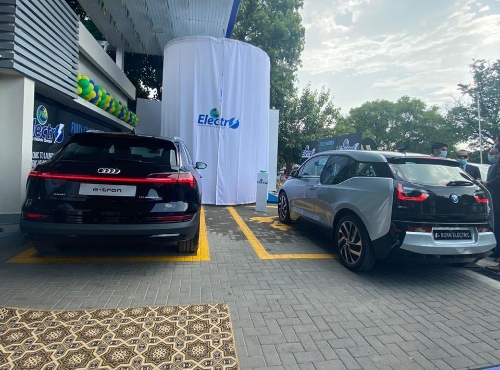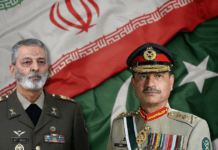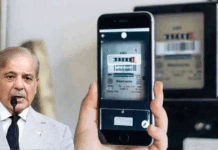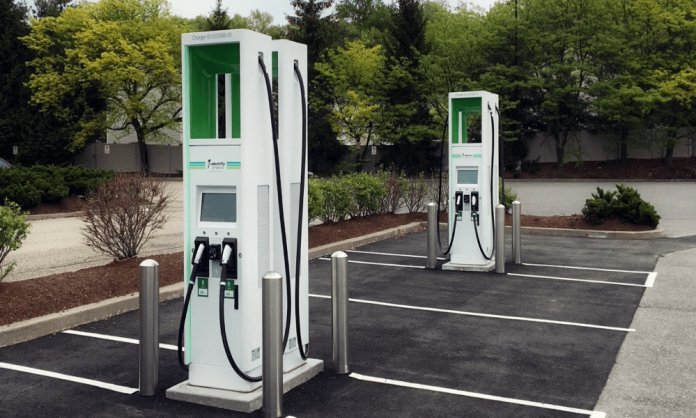The first-ever ‘Electric Vehicle’ (EV) charging station in Pakistan has become operational in Islamabad. The station, set up in F-7 Markaz, is the first of many and the first step towards a revolution in Pakistan.
The First Electric Vehicles Charging Station
The station was set up a few days ago and has started functioning now. It has been put in place at Pakistan Stae Oil (PSO) in F-7 Markaz by the Barqtron Energy Company. The Science and Technology personnel were overjoyed and so were others! Check out the pictures below which shows the first few cars being charged by the EV charging station.
Moreover, can you see how many people were standing by and crowding the place? Seems like the charging station got quite the welcome!
Pakistan’s first electric car charging station in F-7 Islamabad ⚡️🚗 pic.twitter.com/kH0pmgqKlH
— Danyal Gilani (@DanyalGilani) July 27, 2020
Era of Electric Cars begins in Pakistan. PSO installed its first EV charging station and its operational now 🇵🇰 pic.twitter.com/uijbkqLPWv
— BleedGreen.pk (@bleedgreenarmy) July 27, 2020
Check Out A Detailed Video On The Station!
The Shift To EV
The charging station was set up as part of the government’s plan to encourage people to purchase electric vehicles. The policy was initially passed on June 10th with the approval of the Prime Minister. It is a testament to all of the government’s effort to cut air pollution and curb climate change.
It aims to bring half a million electric motorcycles and rickshaws, along with more than 100,000 electric cars, buses and trucks, into the transportation system over the next five years.

The goal is to have at least 30 per cent of all vehicles running on electricity by 2030. The first stage of the policy also focuses on those vehicles that are most common in ht heavily populated areas. These are the two-three wheel vehicles which have become heavily incentivised by the government.
Financial Incentives To Shift To Electric Vehicles
The National Electric Vehicles Policy also outlines some major financial incentives to be going for EV.
Manufacturers, assemblers, and suppliers in the EV and related infrastructure industries will benefit from lower taxes: 1% GST for EVs, as opposed to 17% for regular vehicles. Additionally, the import duty for charging equipment is also being cut down to 1%. The government will also install at least one DC fast-charging station every 10 square kilometres in all major cities and every 15–30 kilometres on all motorways.
However, the policy had some cons that were pointed out. The policy leaves out cars in its outline which is essentially ridiculous since cars constitute a major part of the vehicular system of Pakistan. Moreover, this leaves out the poor completely. While a normal rickshaw may cost approximately Rs.250,000, an electric one would cost Rs.400,000. How can someone be expected to make this investment?
According to the government, the cost will be covered in roughly one year. Here’s to hoping the goal set for 2030 is achieved.
Stay tuned to Brandsynario for the latest news and updates.





































